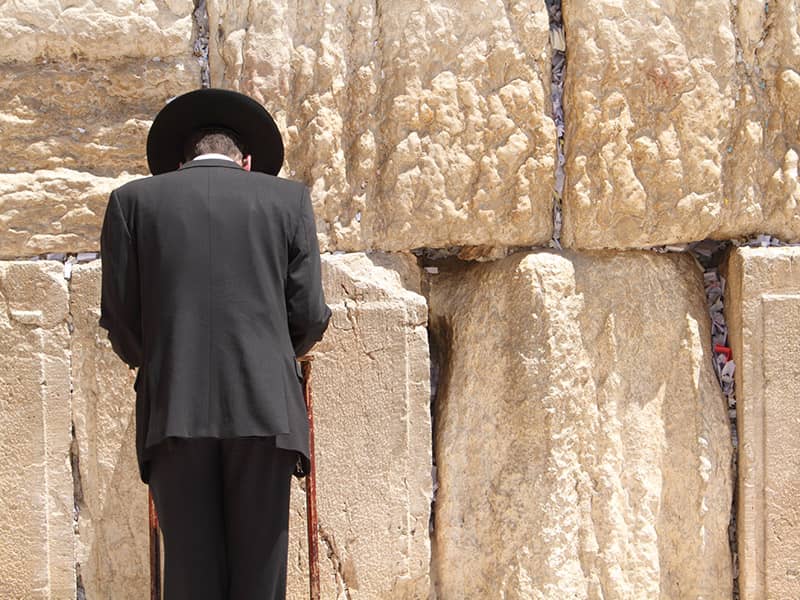In recent years, we have begun placing two ceremonial goblets on our seder tables: the traditional one, filled with wine, for Elijah the prophet, and a second one, filled with wine, for Miriam the Prophetess. (She is called a "prophetess" in Exodus 15:20.)
 | |||
 |
 |
 |
 |
|
PLUS: Find more features, music, and the interactive seder plate in Beliefnet's Passover section.

Miriam leads the Hebrew people in singing and dancing--the most natural expression of religious joy--after they cross the Red Sea. And she dies by the kiss of God; the Angel of Death, we are told, has no power over her.
After her death in the desert, the Hebrews lose their most precious possession: water--and it is then that Miriam's grieving brother strikes the rock.
The Midrash teaches us that the water, which disappeared at Miriam's death, came from a miraculous well. Created during the twilight on the eve of the world's first Sabbath, the well was given by God to Miriam because of her holiness, and it was intended to accompany the Hebrews in the desert throughout the span of her life. "Miriam's Well," as it was called, not only quenched thirst; it also cured body and soul. Both Miriam and her well were spiritual oases in the desert, bedrock sources of nurturing and healing.
We place Miriam's goblet on the seder table as a counterweight to the cup of Elijah. The latter is a symbol of messianic redemption in our present lives. Elijah lived in the desert as a lone, howling visionary, focused on the millennium. Miriam sojourned in the same wilderness, but she accompanied the Hebrew people. Tireless parent, she offered hope and renewal at any stage of the journey.
We place Miriam's goblet in the seder table to remind us, as well, of Jewish women, whose stories have been too sparingly told. On Passover in particular, a holiday celebrating many kinds of birth--that of Hebrew babies in Goshen, of Moses, of the Jewish people, of springtime--we recall women, whose domain, of course, is birth. Beyond the many males in the Haggadah--Jacob, Laban, Pharaoh, Rabbi Tarfon, Rabbi Eliezer, Sisera, Elijah, even God as "King"--Miriam's cup remembers others.
We raise her goblet and recite this prayer:
"You abound in blessings, God, creator of the universe, Who sustains us with living water. May we, like the children of Israel leaving Egypt, be guarded and nurtured and kept alive in the wilderness, and may you give us wisdom to understand that the journey itself holds the promise of redemption. AMEN."
Reprinted with permission from LILITH, the independent Jewish women's magazine. Subscriptions ($18/year) and sample copies available from Lilithmag@aol.com, www.Lilith.org, or toll-free from 1-888-2-LILITH.

